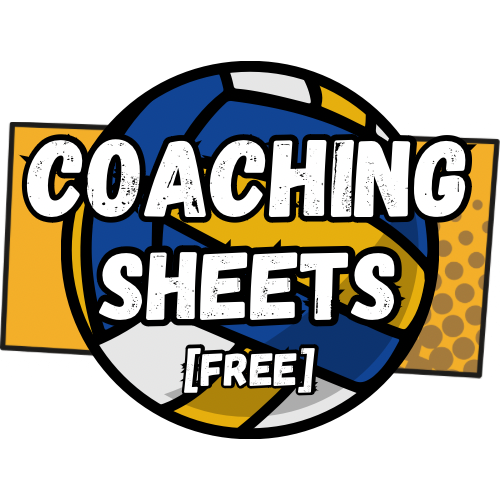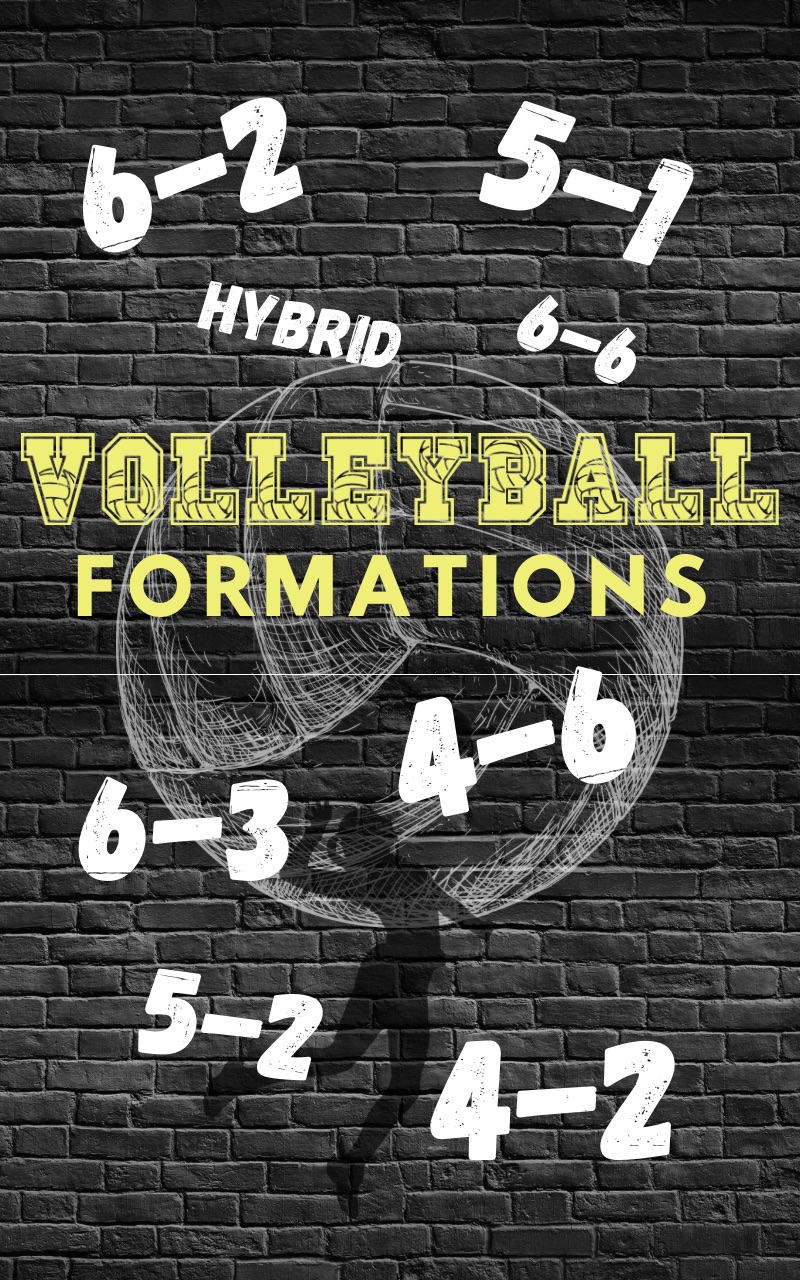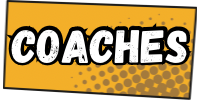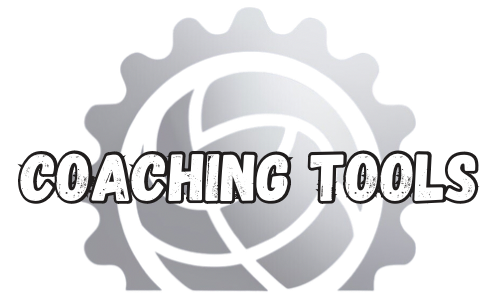
|
Effective Strategies for Coaching Youth Volleyball
| |

**1. Establish a Positive and Supportive Environment** The foundation of successful coaching starts with creating a positive and supportive atmosphere. Youth players should feel safe to make mistakes and learn from them. Encourage a growth mindset, where challenges are viewed as opportunities for improvement. **2. Teach the Fundamentals** Youth players need a strong foundation in the fundamentals of volleyball. Start with the basics of passing, serving, setting, and hitting. Emphasize proper technique from the beginning, as it's much easier to instill good habits early. **3. Use Age-Appropriate Drills** Remember that youth players have different physical and cognitive development levels. Tailor your drills and exercises to their age and skill levels. Keep it fun and engaging to maintain their interest. **4. Focus on Skill Progression** As your players improve, progress to more advanced skills and strategies. Ensure that they master the basics before moving on to complex concepts like rotations, plays, and advanced defensive strategies. **5. Encourage Communication** Effective communication is crucial in volleyball. Teach your players to call for the ball, communicate on the court, and support their teammates. Volleyball is a team sport, and effective communication can make a significant difference. **6. Foster Teamwork** Promote teamwork by conducting team-building activities, encouraging players to support each other, and stressing the importance of each player's role on the court. Teamwork is at the heart of successful volleyball. **7. Balance Competition and Fun** While competition is important, youth volleyball should be enjoyable. Ensure that your players have fun while learning and competing. Incorporate games and activities that maintain their enthusiasm for the sport. **8. Address Emotional and Psychological Needs** Youth players can face emotional and psychological challenges. Offer support and guidance to help them manage stress, build confidence, and handle pressure during games. Remember that they're not just athletes but also developing individuals. **9. Provide Constructive Feedback** Give feedback that is constructive and specific. Focus on what the player did well and provide guidance on how to improve. Be encouraging, and avoid being overly critical, especially in the early stages of their development. **10. Be Patient and Understanding** Youth players will make mistakes. Be patient and understanding, and use mistakes as teaching opportunities. Help them understand that errors are part of the learning process. **11. Keep Parents Informed** Maintain open lines of communication with parents. Share information about practice schedules, game results, and your coaching philosophy. A supportive relationship with parents can contribute to the players' success. **12. Lead by Example** As a coach, you are a role model for your players. Lead by example by demonstrating good sportsmanship, respect for officials, and a strong work ethic. Your behavior sets the tone for the team. Coaching youth volleyball can be incredibly rewarding. By implementing these effective strategies, you can help your young athletes develop both as volleyball players and as individuals, fostering a lifelong love for the sport. Remember that the journey is as important as the destination, and every moment on the court is an opportunity for growth. |

 Purchase Ebook on Amazon Purchase Ebook on Amazon
|

|
Volleyball techniques Volleyball strategies Volleyball drills Volleyball skills Volleyball fundamentals Volleyball tips Volleyball training Volleyball coaching Volleyball playbook Volleyball exercises Volleyball equipment Volleyball gear Volleyball practice Volleyball coaching tips Volleyball playing tips Volleyball tutorials Volleyball lessons Volleyball techniques for beginners Volleyball skills development Volleyball coaching tools Volleyball teaching aids Volleyball improvement tips Volleyball tactics Volleyball game strategies Volleyball mental preparation Volleyball injury prevention Volleyball nutrition tips Volleyball warm-up routines Volleyball conditioning exercises Volleyball recovery techniques About Us |








